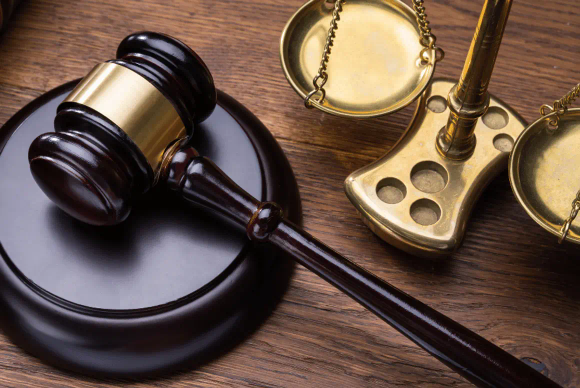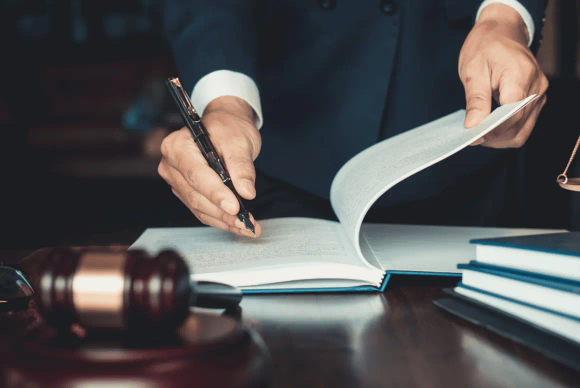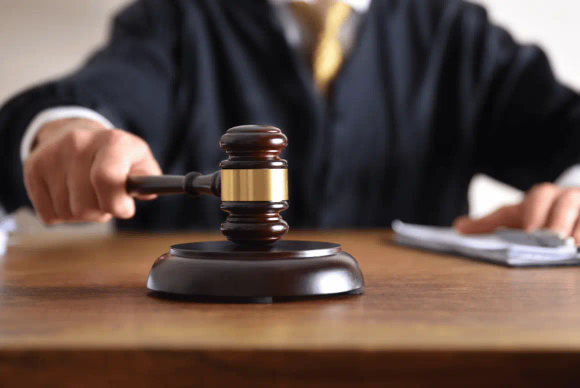What is the Bribery Act 2010?
The Bribery Act 2010 is the main law in the UK covering bribery and corruption offences. It makes it a criminal offence to offer, promise, give, request, or accept a bribe—whether in the public or private sector. The Act also created a corporate offence for businesses that fail to prevent bribery by people acting on their behalf. Its wide reach means both individuals and companies can be prosecuted for bribery, even if the act takes place abroad.
What are the penalties for bribery and corruption?
Penalties for bribery and corruption can be severe. For individuals, the maximum prison sentence is 10 years per offence, along with unlimited fines. Companies and partnerships face unlimited fines and possible confiscation of assets. Other consequences can include director disqualification, regulatory sanctions, and lasting reputational harm. The severity of the sentence depends on the value and impact of the offence, your role, and any mitigating circumstances.
Can companies be prosecuted for bribery?
Yes, companies can be prosecuted for bribery under the Bribery Act 2010, especially for “failure to prevent” offences under Section 7. A company can be held criminally liable if an employee, agent, or subsidiary pays or receives a bribe intending to benefit the organisation. The only defence is to prove that the business had “adequate procedures” in place to prevent bribery. This is why robust anti-bribery policies and training are so important.
How does the SFO investigate bribery cases?
The Serious Fraud Office (SFO) investigates the most complex and serious bribery cases, often involving high-value or cross-border corruption. The process typically includes:
- Gathering and analysing digital, financial, and communications evidence
- Conducting interviews under caution with suspects and witnesses
- Using powers to compel production of documents and search premises
- Collaborating with overseas authorities if the offence is international
SFO investigations can be lengthy and highly intrusive, so it’s essential to get specialist legal advice as soon as possible.
Can I get Legal Aid for bribery charges?
You may be eligible for Legal Aid if you are facing bribery or corruption charges, especially if there is a risk of prison or serious financial penalties. Legal Aid can cover the cost of legal representation and advice throughout the investigation and court process.
We can help you check your eligibility and complete your application, ensuring you receive the best possible defence regardless of your financial situation.
Can MMA Law advise on corporate compliance and prevention?
Yes, MMA Law regularly advises businesses and directors on compliance with the Bribery Act and how to prevent corruption risks. We help clients design and review anti-bribery policies, train staff, and conduct internal investigations. Proactive compliance is your best defence if the authorities ever investigate your organisation.
What should I do if accused of bribery or corruption?
If you are accused of bribery or corruption, seek specialist legal advice immediately. Do not answer questions from the police, SFO, or investigators without a solicitor present.
Keep all documents, emails, and communications related to the allegation, and avoid discussing the case with colleagues or the media.
Early, discreet advice from MMA Law can protect your rights, reputation, and future.
Contact Our Bribery and Corruption Solicitors for Immediate Advice
If you are facing investigation or charges for bribery or corruption, getting expert legal advice now can make all the difference. At MMA Law, your case will be handled with absolute discretion and sensitivity from the very first enquiry.
Our team is available for urgent, confidential consultations—by phone, video, or in person, wherever you are in England and Wales. We’ll listen to your concerns, explain your options in plain English, and help you take the right steps to protect your future.
Don’t delay. For fast, discreet legal support.




